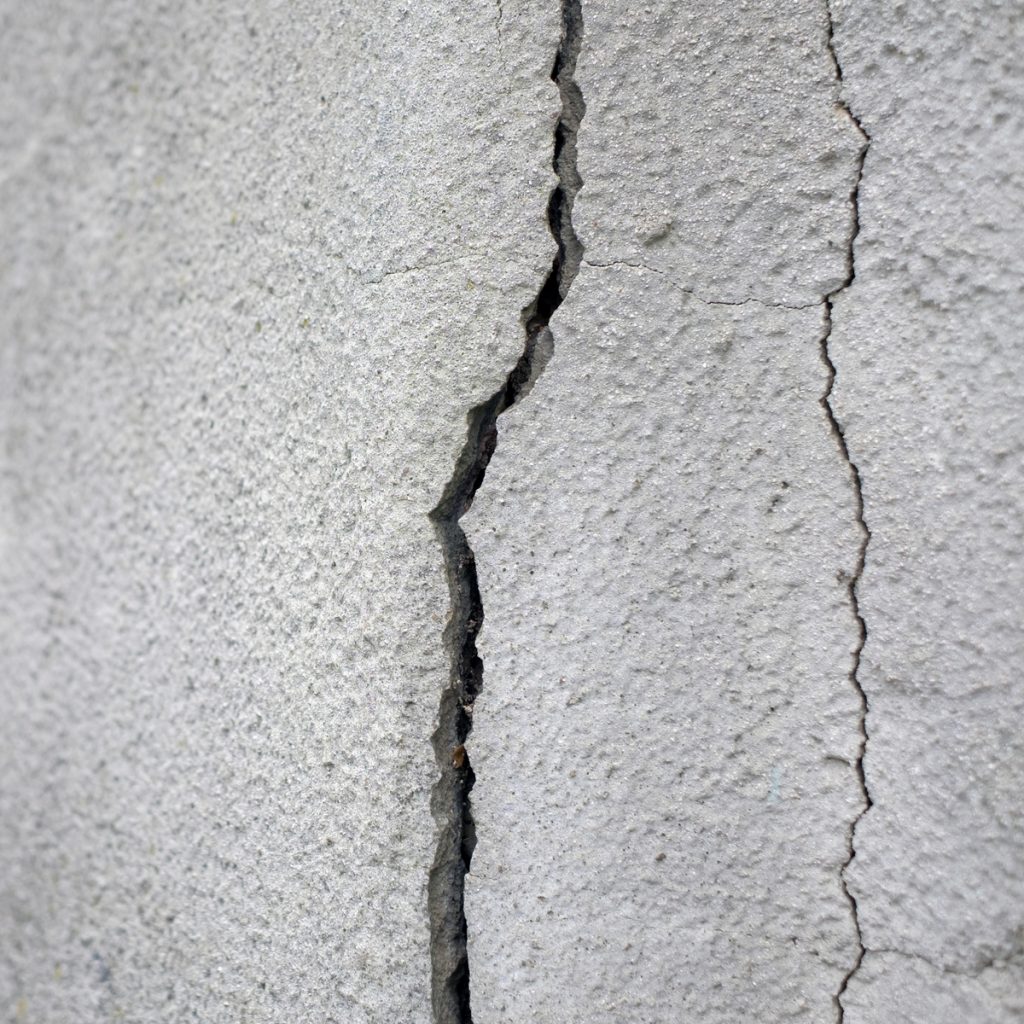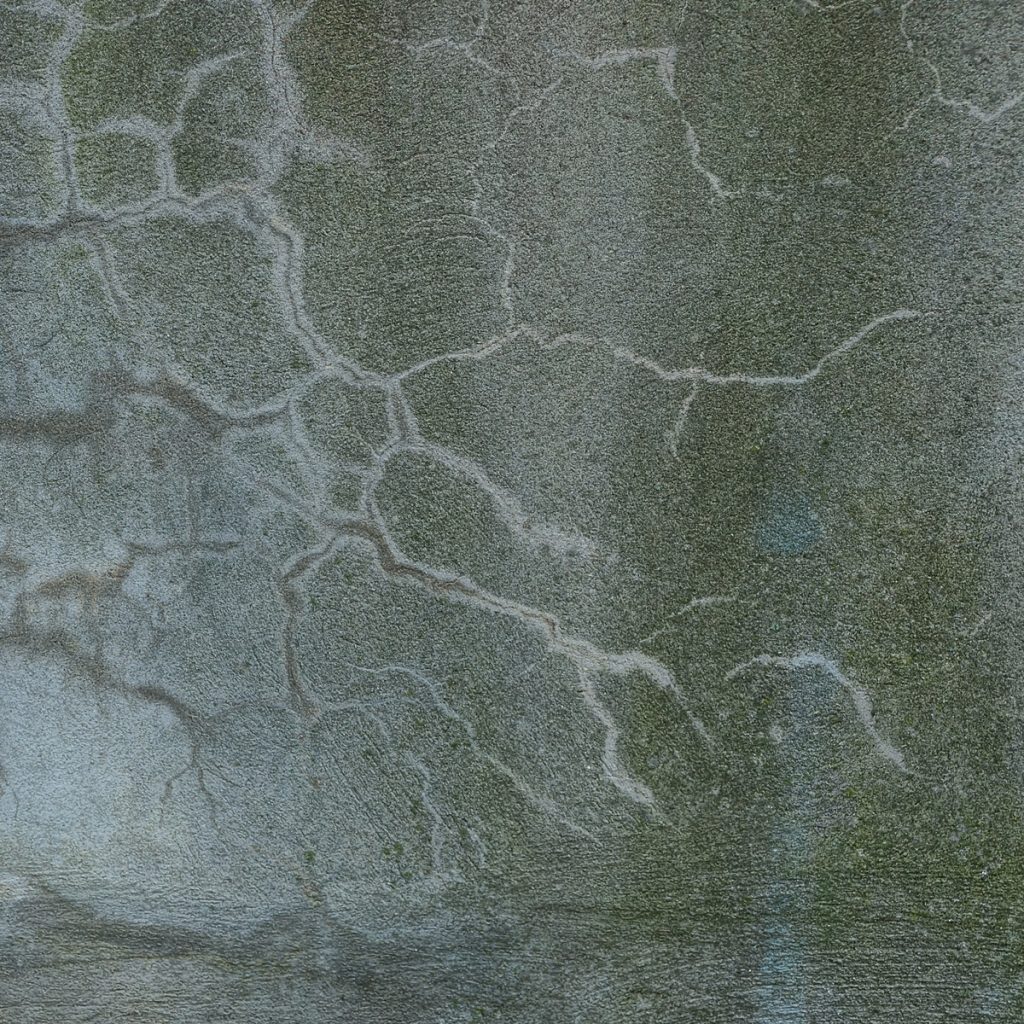
What is a Slab Leak?
A slab leak (or pipe leak) is a term used to describe a type of leak that occurs within or beneath the foundation of a home. Although not all slab leaks are highly dangerous, others can be extremely hazardous to your home. The precise size and duration of the leak will determine how dangerous the leak itself is, and how extensive repairs will need to be.
A slab leak in concrete can require repairing a pinhole with epoxy, busting some of the foundations apart in order to replace a broken pipe, or could mean completely re-piping a home. Finding a slab leak quickly is an important part of treating the problem, as even a pinhole-sized leak can grow and wreak havoc over time.
Are Slab Leaks Common?
While slab leaks are not necessarily likely to occur, they are not uncommon enough to be written off should symptoms of a leak arise. Slab leaks are far more likely to appear in older homes; homes begin to settle as they age, leading to crimped piping, pipe shifts, and corrosion, all of which may contribute to the onset of an unexpected slab leak in the house.
Symptoms of a Slab Leak
Slab leaks are usually found following the onset of symptoms. These symptoms include:
- A drop in water pressure
- The sound of water running beneath the home’s floor
- The loss of water altogether
- Water on or around the perimeter of the home
- An increased water bill
- Damp spots inside of the home
Some slab leaks will exhibit all of the symptoms listed above, while others will be largely asymptomatic. Consequently, it is important to contact a plumber as soon as possible following any significant change in your home’s water pressure, your water bill, or your water quality, as all could signal the presence of a slab leak and the need for slab leak repair.
How Do You Find a Leak Under a Slab?
Once a symptom has arisen, a plumbing company can evaluate the home using a type of slab leak detector. Detection tools may include pipe scoping (if the leak is caused by internal corrosion), thermal imaging, or audio tools to find the source of the leak, which will dictate whether the leak can be repaired with epoxy, a single repair, or a complete re-piping of the home.
Other Leak Sources
There are some other leaks that may initially appear to be slab leaks but are actually derived from other sources. Some homes appear to have a slab leak when it rains if a home is not properly sealed and constructed. While it might initially appear to be a slab leak, this type of leak is not derived from a pipe, but is instead symptomatic of rain coming into the home. Rain could also pool around the foundation of the roof is faulty; water can run from a faulty roof down through the home’s walls, and begin puddling around the edges of your foundation. In this case, roof restoration may be necessary.
Leaks could also come from pipes within the home, such as those found in the kitchen, bathroom, and utility rooms. These leaks may mimic slab leaks but are usually faster and easier to repair, as they are more readily accessible.
Can a Slab Leak Cause Foundation Problems?
Slab leaks are problematic because they can cause foundation problems. Some of these problems may be minor if the leak itself is minor, but more severe consequences of slab leaks include a crumbling or cracking foundation, and the development of a wash-out or sinkhole beneath a home. When a leak occurs beneath the slab of the home, the home’s overall integrity and safety are compromised.

Are Slab Leaks Covered by Home Insurance?
In some cases, slab leaks are covered by home insurance, while other causes of leaks will not qualify homes. First and foremost, review your own home insurance coverage; different companies offer different policies, and no two companies cover the exact same client needs.
Most home insurance companies will cover a slab leak if it is due to factors outside of the homeowner’s control, such as a fire, damage caused by weather, or structural damage to the home. If, however, a slab leak occurs as a result of negligence, faulty building habits, age, or interference incurred by a tree root or other vegetation source, insurance companies are highly unlikely to cover the cost of repairs.
Although your insurance company might not cover the cost of repairing piping or your home’s foundation after a slab leak, damage to your property—including the items in your home, or your flooring—may still be covered. Speaking with your insurance company, and carefully poring over your insurance policy is the best course of action to determine whether or not you are able to make an insurance claim on the heels of a slab leak. Think you have a slab leak in West Los Angeles, CA? Call (310) 454-2010 today!

